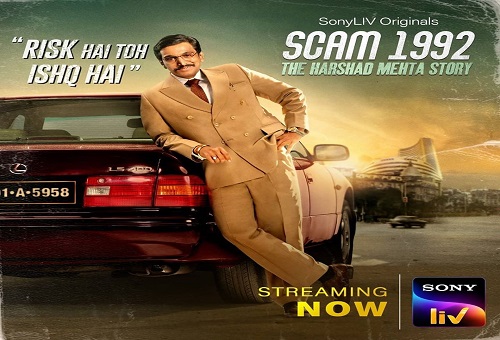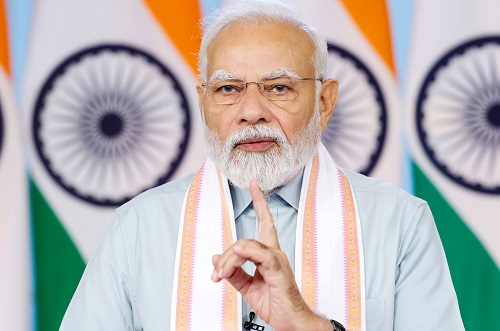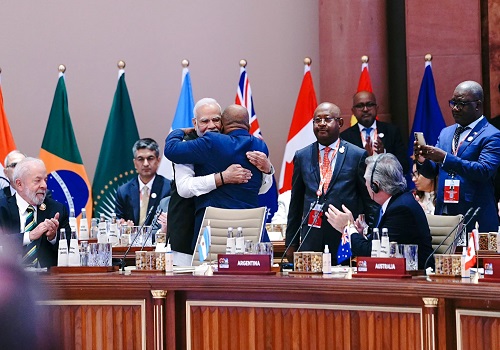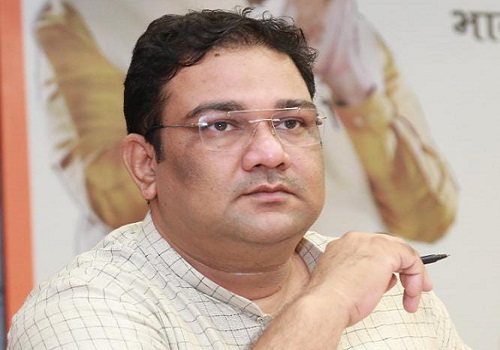'Scam 1992' writer Sumit Purohit: History recalls film's story, not box office

Follow us Now on Telegram ! Get daily 10 - 12 important updates on Business, Finance and Investment. Join our Telegram Channel
Renowned scriptwriter and director Sumit Purohit, one of the writers of the popular web series "Scam 1992: The Harshad Mehta Story", says the only way to break the clutter in storytelling is to tell a story with conviction because every tale has an audience.
Purohit, one of the 10 selected participants from this country for the talent initiative BAFTA Breakthrough India, told IANS: "The success of Scam 1992 only shows if you present something new, a personal story where the audience can engage with the characters of the story, it works. Honestly, 'Scam 1992' was a story, with no so-called popular actor as a hero and it was rather a small story. It had an indie vibe to it. In fact, the subject -- business, the share market -- is not mainstream at all!"
He added: "It was also a personal journey of an individual, said with conviction and in an uncompromised manner, and everything was possible because of (director) Hansal (Mehta)'s vision. He never compromises on the story."
Does he feel the business of entertainment is finding a better structure and perhaps that is why young writers are finding more aspiration?
"See, we keep saying that writers are getting recognition more in the last five years but I would say, the role of a writer in eventually making a good film was always there since the beginning. The first step of making a film is writing a story, followed by making a script out of it," he replied.
He added: "That is why when we look back at the history of our Indian cinema, the most important and pathbreaking films are those that are told fearlessly, breaking the clutter and going away from the trend. You see, history does not remember the box office collection but the story of the film. Even the audience also recalls the story. So, writing is the backbone and it takes the centerstage."
What is the way to break the clutter? Sumit replied: "There is no formula to break the clutter and that is the formula, I guess. In the last few years, all the films that we thought were 'safe' to invest in failed. Rather, stories that are engaging, personal and local are finding a connection with the audience."
While there is no denying on the fact that a good script plays an important part, executing a creative idea in a film involves commerce as well.
Is there a way to understand that aspect from a producer's point of view and therefore go by formula to recover the money invested in a good story?
"Eventually, all films make money. It is about where you want to recover the money. Is it the Indian box office, travelling to film festivals, or going by the streaming platforms? It is a business of art that is married to commerce," he said.
"But understanding the constantly changing taste of the audience is also important. I am not saying that the money part is not important but even a star-driven film also can only bring eyeballs to theatre for the first weekend. So, for budding writers, while it is important to find that balance, a story fails if it is not told with conviction. I think if there is a formula at all, it is to tell a story with conviction and in an uncompromised manner because every story has an audience," Sumit signed off.












 320-x-100_uti_gold.jpg" alt="Advertisement">
320-x-100_uti_gold.jpg" alt="Advertisement">











